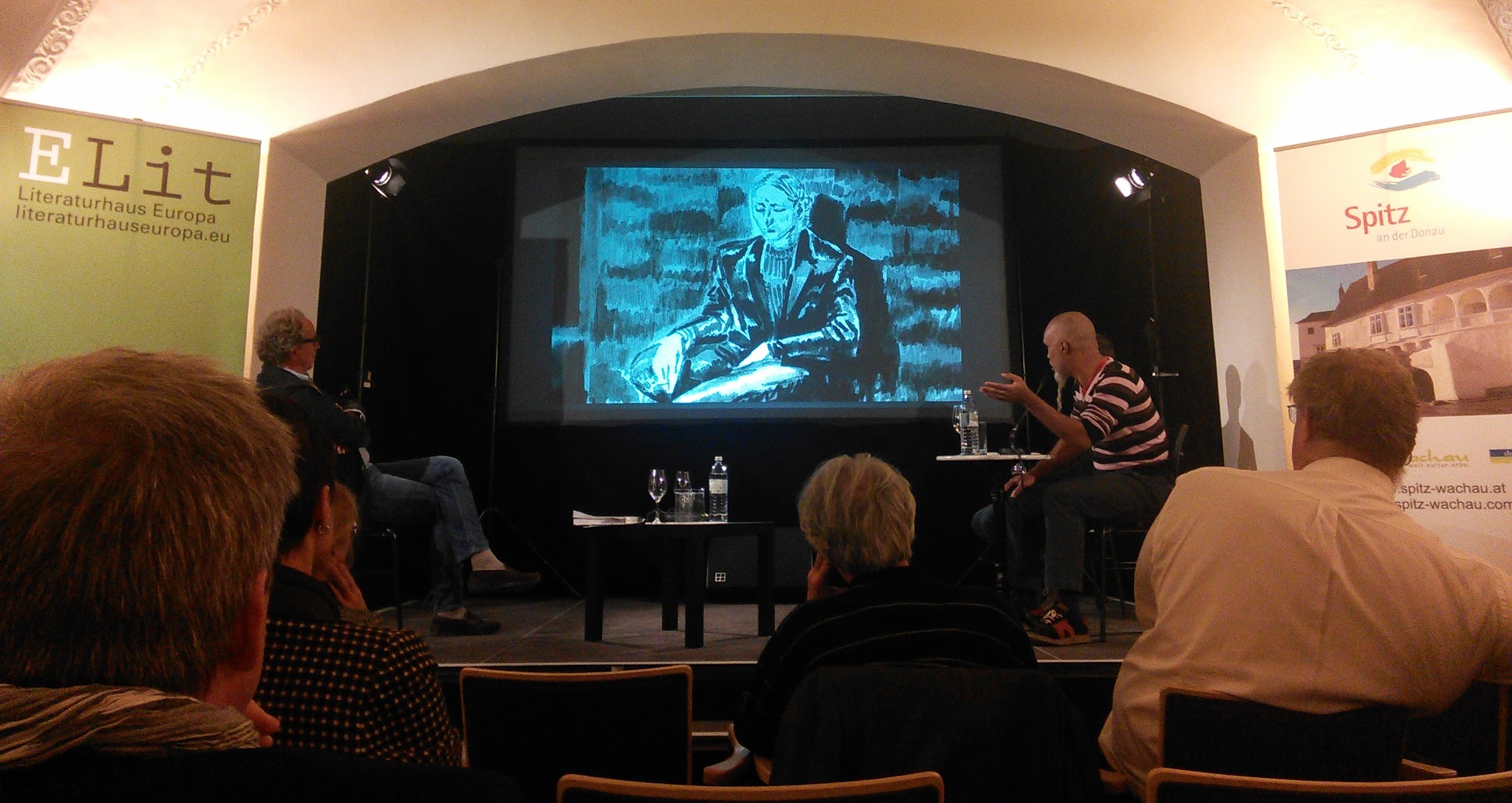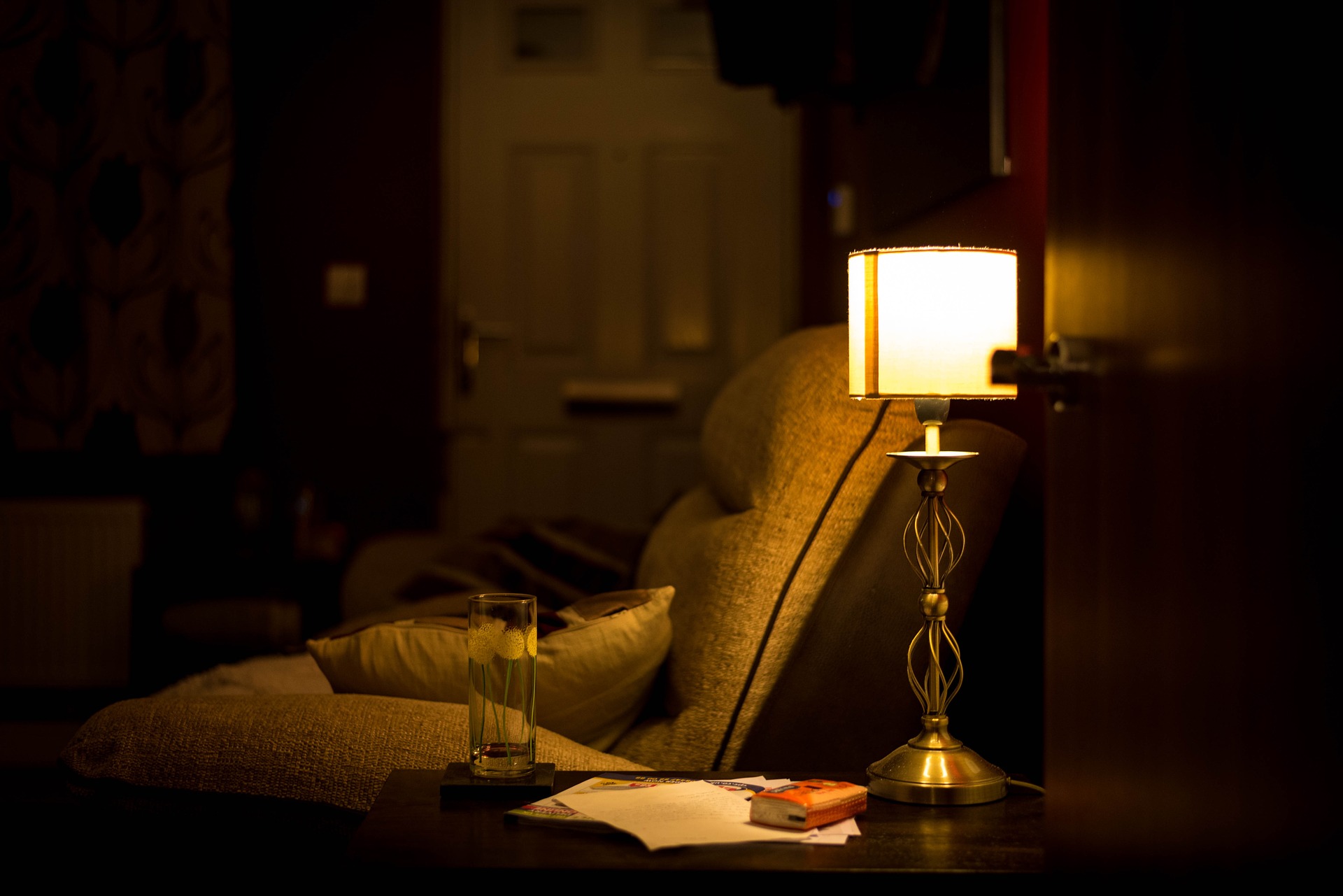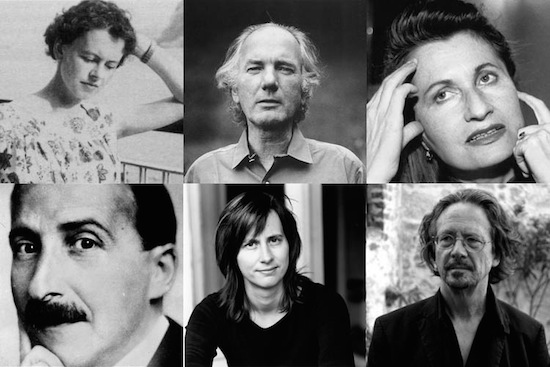When I was invited to create a miniseries of semi-regular author events as translator in residence at the Austrian Cultural Forum London, I wanted to make sure that the Austrian author would always be in dialogue with a British counterpart about something they have in common in their writing. My motivation is to juggle the foreignness and uniqueness of German-language literature with where it meets and overlaps with literature written in English in order to show that writing comes from a specific linguistic, cultural and literary context, but one that connects and communicates with others. As journalist Judith Vonberg summed it up in her review of the event for Literaturhaus Europa: “it’s a simple but unconventional idea. Instead of highlighting the differences between British literature and literature made on the continent, the starting point is similarity, which opens up far more interesting discussions.”
The first of these events brought Austrian writer and musician Carolina Schutti and author and illustrator Joanna Walsh together to discuss poetic prose and how poetry permeates their writing in terms of language, effect and form with me in the ACF London’s Salon back in February. As a writer of both poetry and short fiction, I’m interested in why sometimes one form does and then other times won’t do at all, and why it sometimes happens that I can read the poetry and prose of others interchangeably as if in the other form. What are the markers and where is the boundary? READ MORE…







